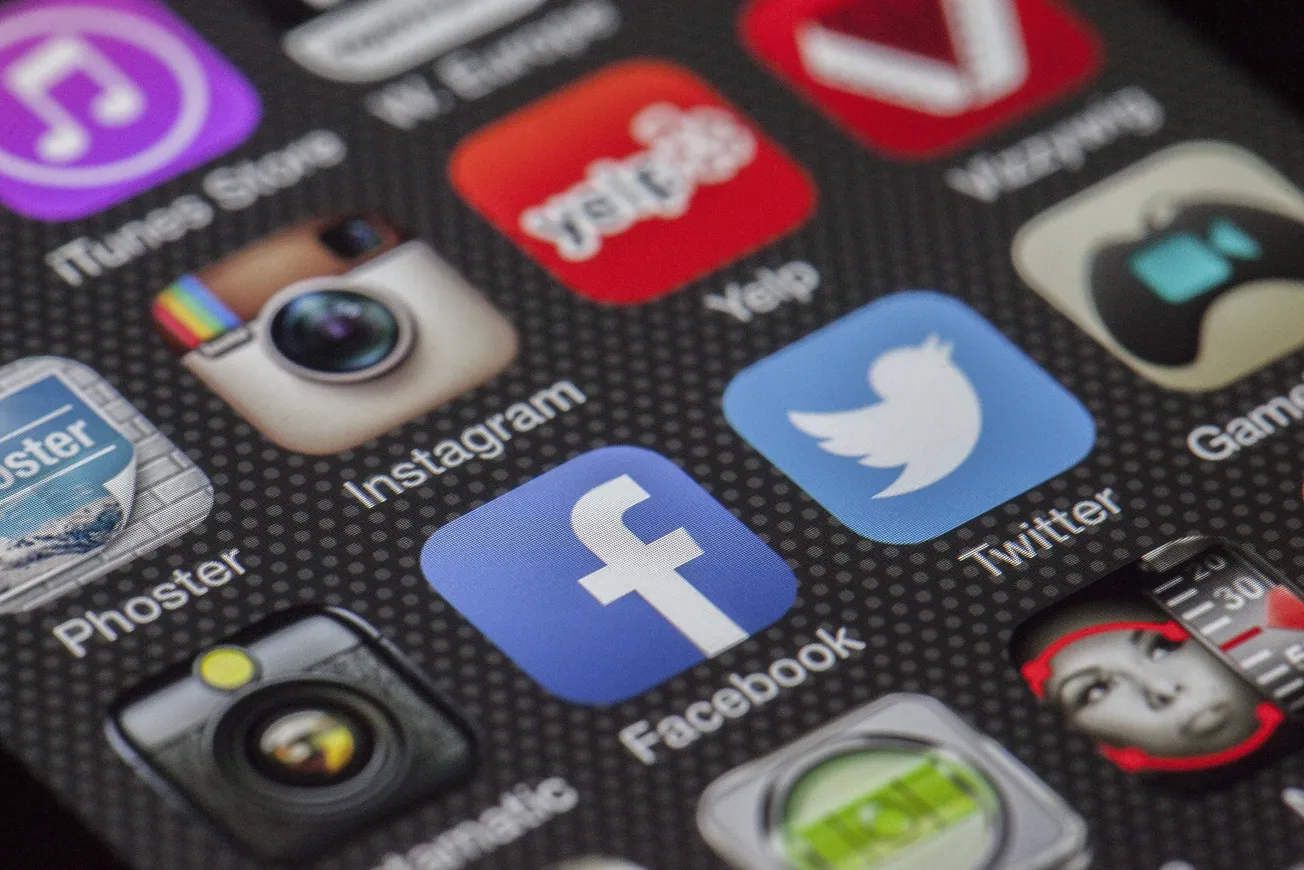Table of Contents
Part I of our discussion on relationship-based business explained the benefits of nurturing a personal connection with key buyers or sellers. While suppliers and distributors of wood products have long embraced this style of workplace courtship, the industry is graying and times are changing.
The question now becomes whether a younger workforce—and its strong attachment to all things cyber—will reverse a time-honored trend and put relationships on the rocks.
Don’t Email Me, I’ll Email You
Email alone might test the fidelity of some old-school believers in relationships. Why put all that energy and effort into maintaining personal ties to a partner when you can reach out to the masses with a single communication and secure a deal for the lowest price with a simple click or tap? Because when you do, you lose that high touch that customers value—that’s why!
Relationships are built on the Internet… said no businessperson ever. And that’s why taking the easy way out with email just doesn’t happen with a lot of us, as tempting as it might be for some. Even if the digital trend picked up more momentum, the push-back against it would probably grow, too. The industry players that continue to pick up the phone or meet in person to do business might even win favor over their impersonal, faceless competitors.
Good Relationships Start with Being “Friends”
That being said, it’s fair to say the online movement is unlikely to completely stamp out relationships in our sector. In fact, it could even enhance them to some extent. Social media, for example, holds great promise for expanding and deepening relationships, particularly when used in combination with old-fashioned relationship-building. A distribution sales manager who is Facebook friends with a vendor representative has a wide-open window into that individual’s personal life—and an invitation to comment on it. The medium, along with others like Twitter and Instagram, can unlock myriad opportunities to interact, congratulate, recommend, and share on a one-on-one basis!
Social media also can play a role at the company level, although the approach would be entirely different. In that case, the aim might be to engage with and build a relationship with end users. It’s well documented, for instance, that some Millennials shun traditional advertising, preferring instead to base their purchasing decisions on what they know about a company and the products it sells. Savvy businesspeople realize that social media accounts offer an ideal way to educate this generation on a company’s identity and values. Through it, businesses will find yet another avenue to reach downstream and further those relationships.
The Bottom Line
The decision on how to use email, text, and social media should hinge, of course, on the individual personalities and preferences of the key people you work with. Everyone’s comfort level with technology varies, with a small band of holdouts still using fax instead of email. Others may not know a Tweet from a pin. A few don’t even own a cell phone, while others maintain running text conversations—both personal and professional in nature—with their business partners.
The bottom line is that relationships are sticking around, but advances in technology can hurt or help them depending on how they are utilized. Suppliers and distributors who figure out where their contacts stand in terms of technology and tailor their outreach strategies around that will continue to cultivate successful and long-lasting relationships even in the face of innovation.









